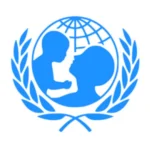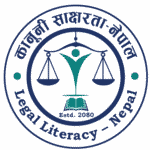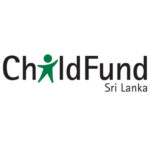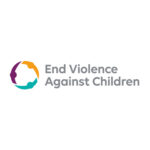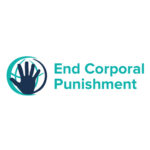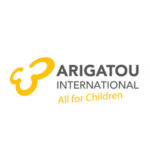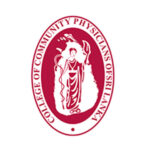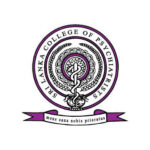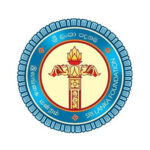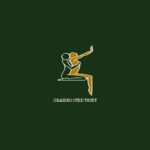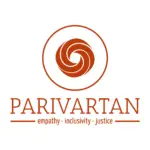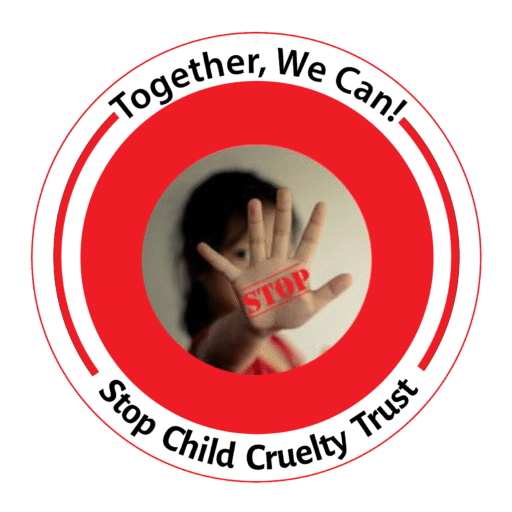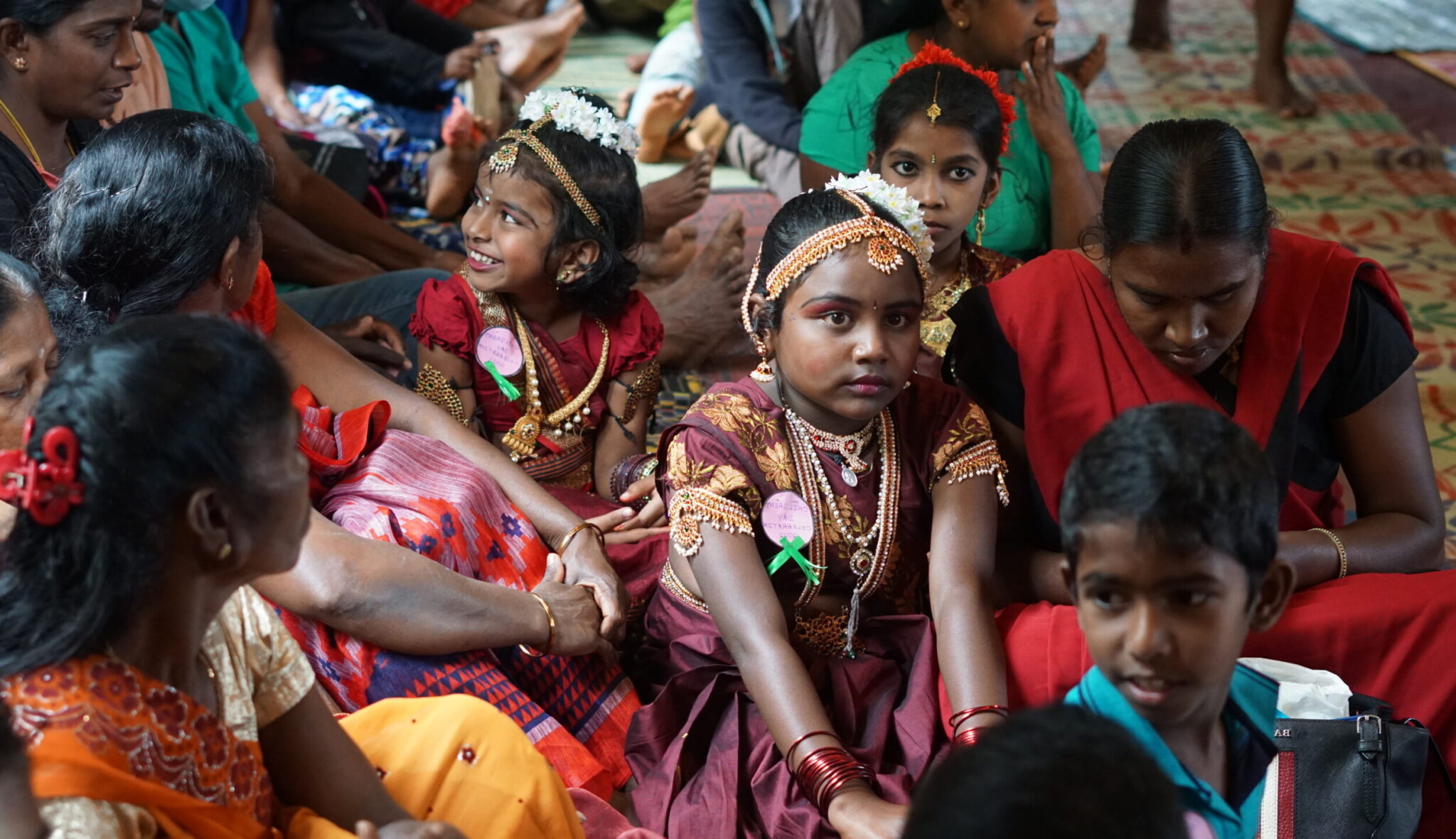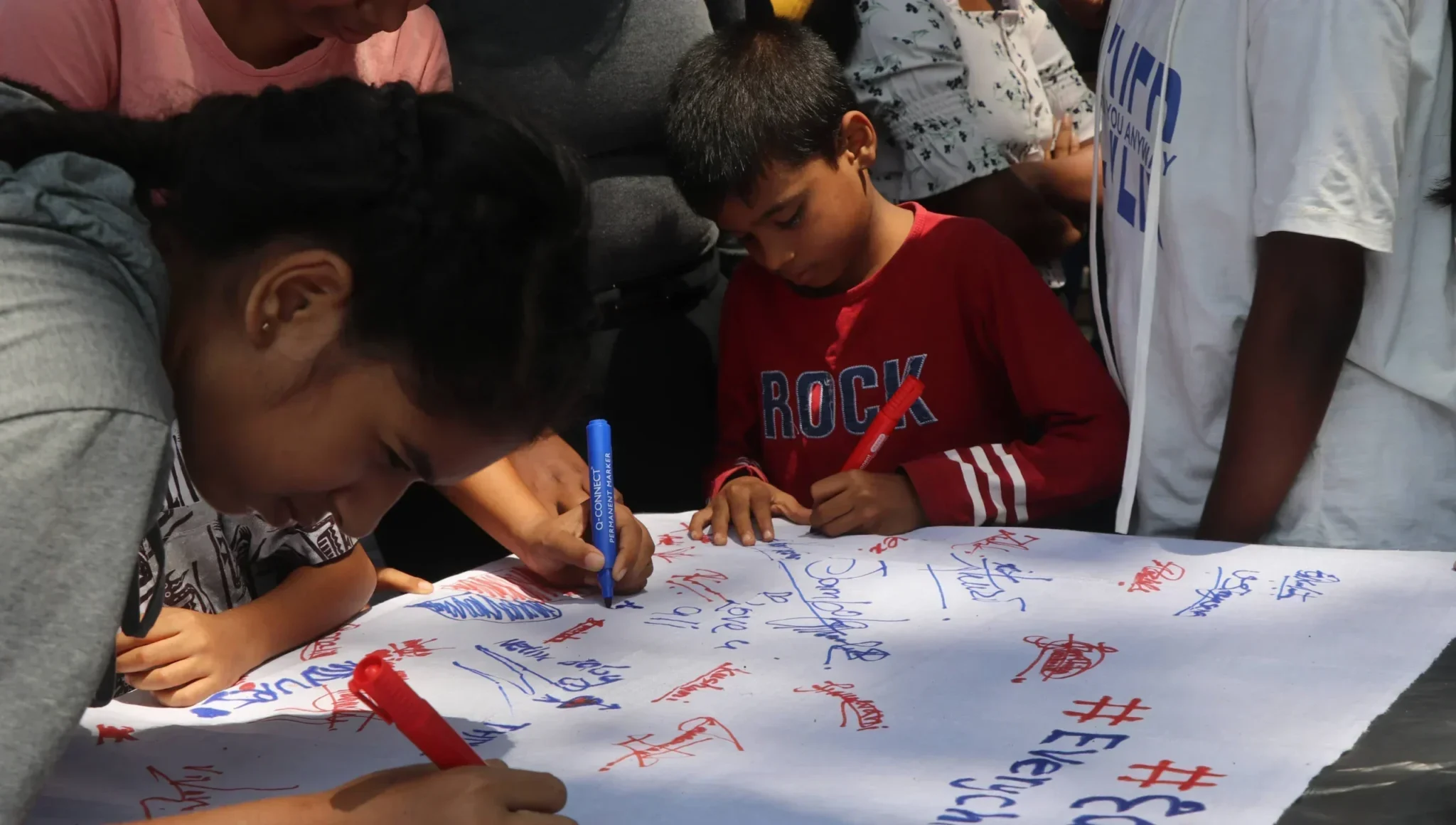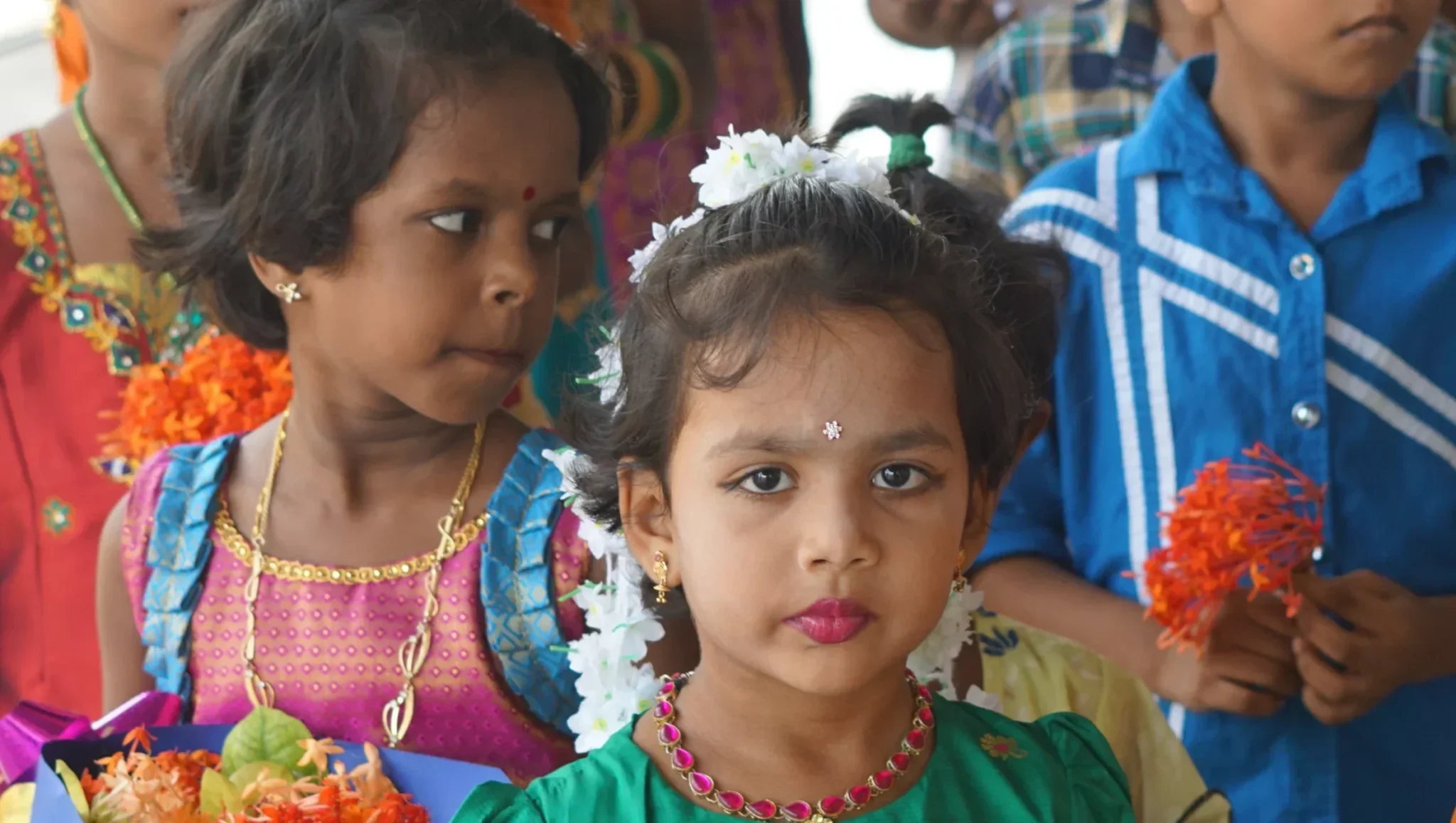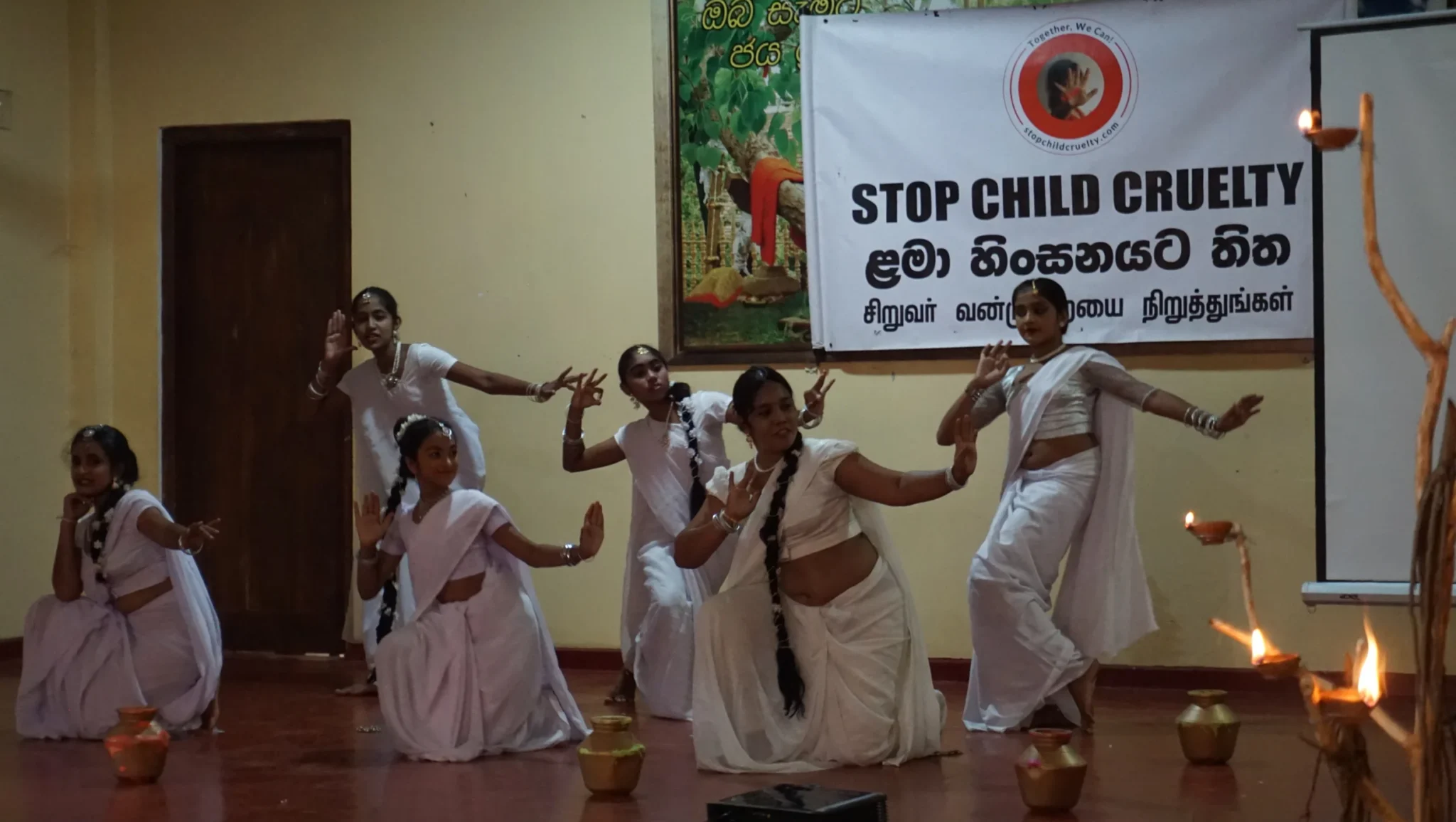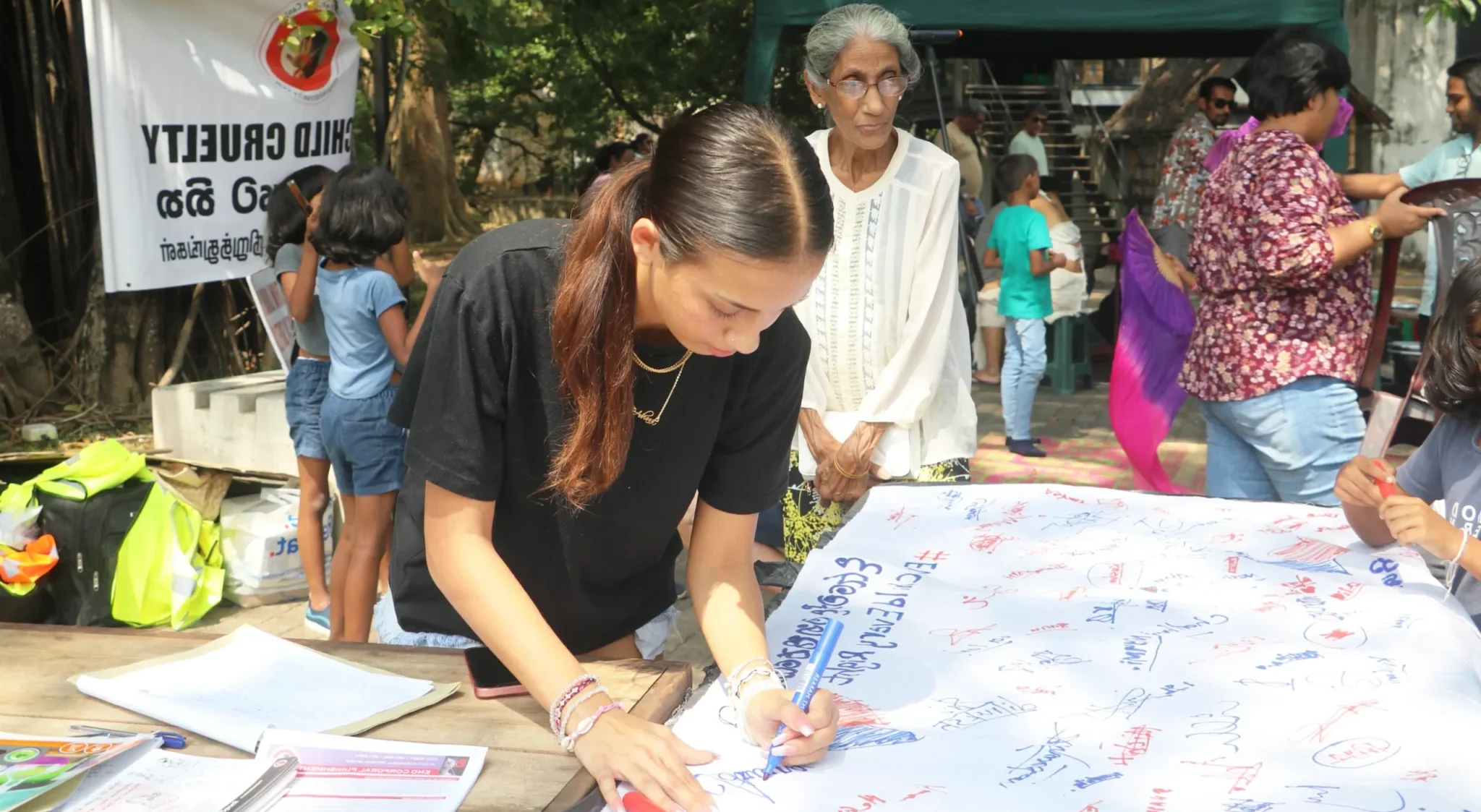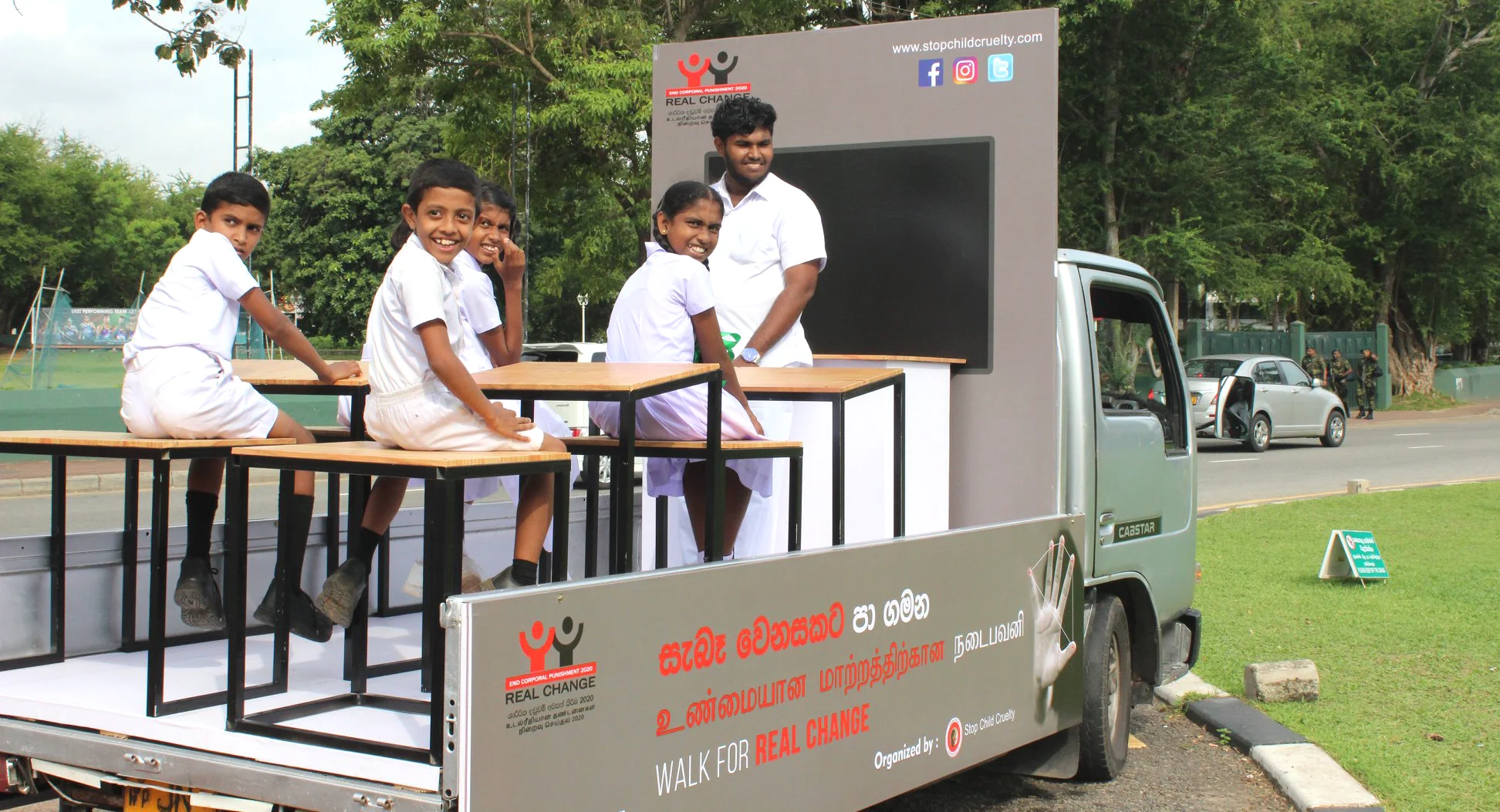End Violence Against Children
Stop Child Cruelty Trust (SCCT) is a registered charitable trust in Sri Lanka focused on ending violence against children, especially ending corporal punishment, which is the most common form of child abuse globally. We work in partnership with government and non-government organizations nationally and internationally and UNICEF. Our work is focused on advocacy enhancing legal and legislative reforms, training and education to empower and major public awareness to energize change in societal attitudes.We speak for the voiceless, act for the defenseless and think for the lawmakers. Join us to deliver a dawn free of violence for the true beneficiaries of the future, our children.
Stop Child Cruelty Trust (SCCT) is a registered charitable trust in Sri Lanka focused on ending violence against children, especially ending corporal punishment, which is the most common form of child abuse globally. We work in partnership with government and non-government organizations nationally and internationally and UNICEF. Our work is focused on advocacy enhancing legal and legislative reforms, training and education to empower and major public awareness to energize change in societal attitudes.We speak for the voiceless, act for the defenseless and think for the lawmakers. Join us to deliver a dawn free of violence for the true beneficiaries of the future, our children.
Stop Child Cruelty Trust (SCCT) is a registered charitable trust in Sri Lanka focused on ending violence against children, especially ending corporal punishment, which is the most common form of child abuse globally. We work in partnership with government and non-government organizations nationally and internationally and UNICEF. Our work is focused on advocacy enhancing legal and legislative reforms, training and education to empower and major public awareness to energize change in societal attitudes.We speak for the voiceless, act for the defenseless and think for the lawmakers. Join us to deliver a dawn free of violence for the true beneficiaries of the future, our children.
OUR ACHIEVEMENTS
OUR ACHIEVEMENTS
OUR ACHIEVEMENTS
WAYS YOU CAN HELP
WAYS YOU CAN HELP
WAYS YOU CAN HELP
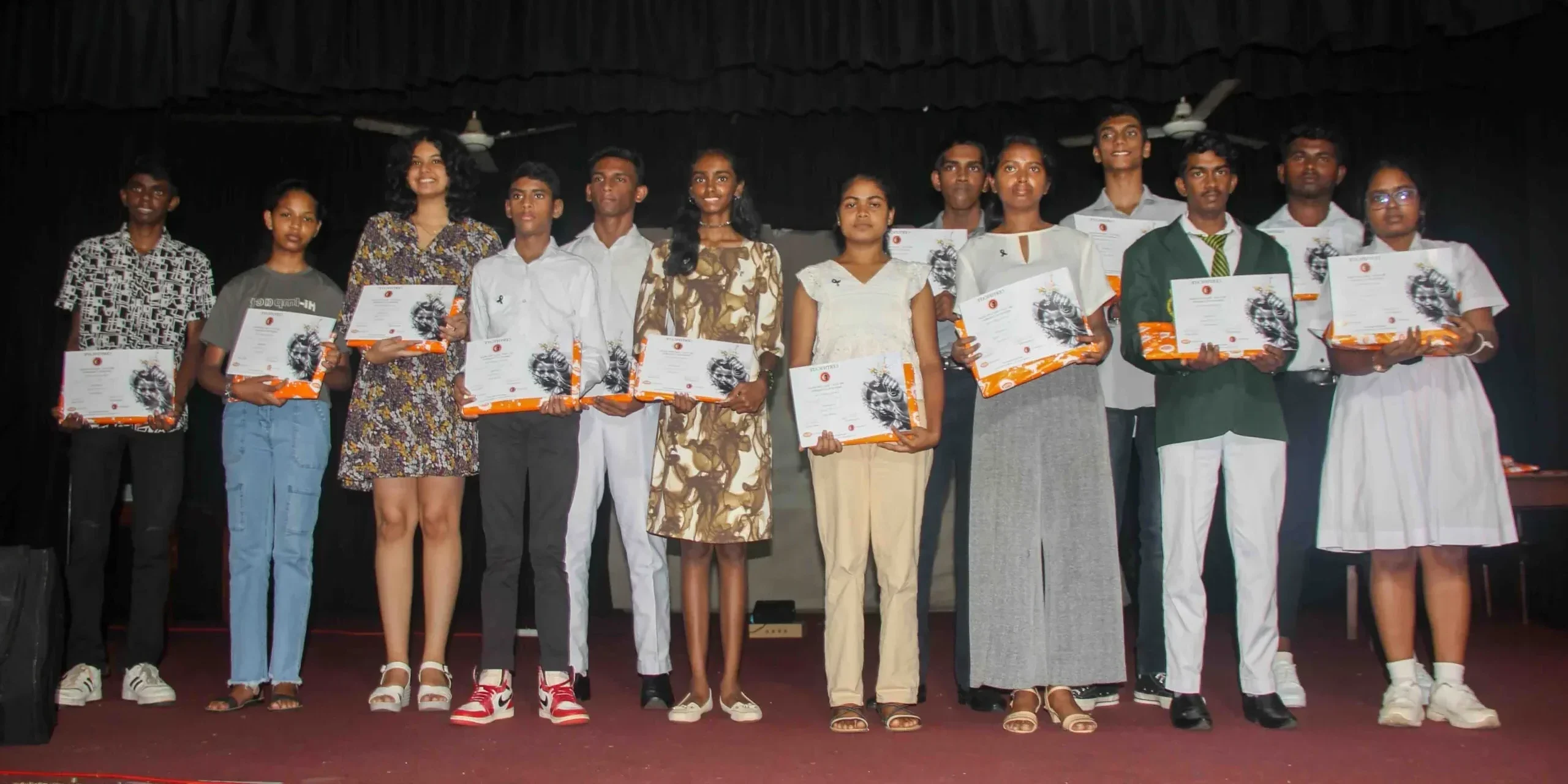
OUR CHILDREN
A chronicle of resilience against child abuse – ‘Our Children’ is a poignant collection of real-life stories narrated by survivors of child abuse, providing them with a platform to voice their traumatic experiences. Many share their stories for the first time…

OUR CHILDREN
A chronicle of resilience against child abuse – ‘Our Children’ is a poignant collection of real-life stories narrated by survivors of child abuse, providing them with a platform to voice their traumatic experiences. Many share their stories for the first time…

A chronicle of resilience against child abuse – ‘Our Children’ is a poignant collection of real-life stories narrated by survivors of child abuse, providing them with a platform to voice their traumatic experiences. Many share their stories for the first time…
OUR CHILDREN

OUR CHILDREN
A chronicle of resilience against child abuse – ‘Our Children’ is a poignant collection of real-life stories narrated by survivors of child abuse, providing them with a platform to voice their traumatic experiences. Many share their stories for the first time…
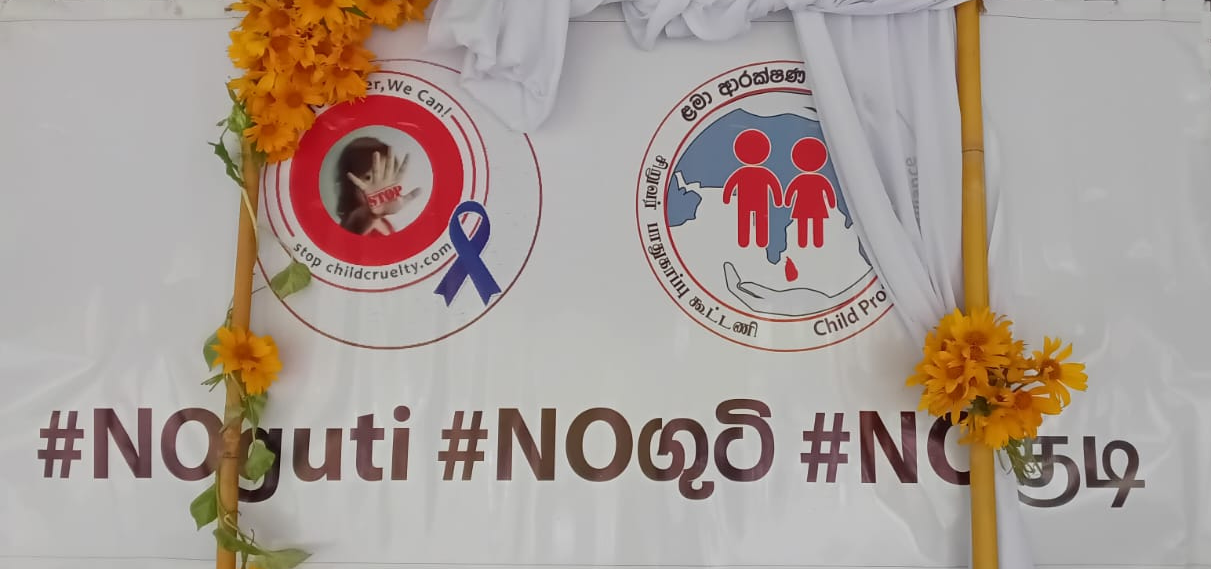
no guti
National campaign to end physical abuse/corporal punishment – a multi-pronged campaign saw the appointment of influential persons including actors and singers as Child Protection Goodwill Ambassadors, a first in Sri Lanka…

no guti
National campaign to end physical abuse/corporal punishment – a multi-pronged campaign saw the appointment of influential persons including actors and singers as Child Protection Goodwill Ambassadors, a first in Sri Lanka…

National campaign to end physical abuse/corporal punishment – a multi-pronged campaign saw the appointment of influential persons including actors and singers as Child Protection Goodwill Ambassadors, a first in Sri Lanka…
no guti
PARTNERS
PARTNERS
PARTNERS
